
The programme for Library Research Week is now available online. You can look forward to various interesting webinars that speak to the theme, Let’s partner for research impact. The theme underscores the power of teamwork, partnerships, and shared knowledge in advancing research. It highlights the critical role of collaborations, as well as networks, in driving impactful research. The week will feature a variety of activities designed to enrich the research process and boost research impact.
Library Research Week 2025 launches on Monday, 12 May, with guest speaker Prof. Pumla Gobodo-Madikizela, 2024 Templeton Award winner, Professor and Chair of Research for Social Change and Transformation, Centre for the Study of the Afterlife of Violence and Reparative Quest. Professor Gobodo-Madikizela is a Professor in the Faculty of Arts and Social Sciences at Stellenbosch University, where she also holds the South African National Research Foundation Chair in Violent Histories and Transgenerational Trauma and the Research Chair in Historical Trauma and Transformation. In addition, Professor Gobodo-Madikizela is a celebrated author of works that include A human being died that night: A South African story of forgiveness and Memory, narrative, and forgiveness: Perspectives on the unfinished journeys of the past (co-authored with Chris van der Merwe), among others.
Her presentation, titled Intellectual life in academia and researching experience: On the irreducible nature of encounter will be an exploratory project where she reflects on her own research and on how one’s foundational ideas find new life when revisited in light of new questions, especially when the inquiry is ethically rich and motivated by intellectual honesty. Read her full abstract here.
As with our previous Library Research Weeks, each day will have a sub-theme connected to the overarching theme. Click on the themes below to view the programme for each day.
- Monday, 12 May: Launch of Library Research Week (Online and in-person by invitation only)
- Tuesday, 13 May: Let’s work together throughout the research process (Online)
- Wednesday, 14 May: Let’s collaborate to find the best research tools (Online)
- Thursday, 15 May: Let’s strengthen your research impact (Online)
- Friday, 16 May: Let’s support researcher well-being (Online)
Here is a teaser trailer for the full programme:
Book now and join us for a fascinating series of webinars that will aid you on your research journey!
Author: Kirchner van Deventer
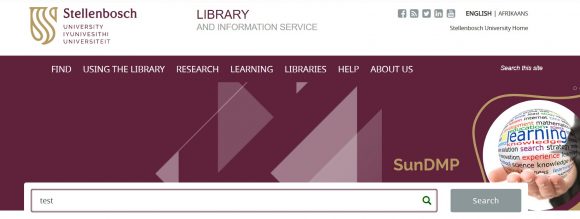
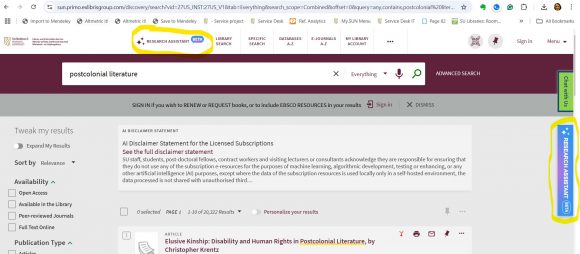
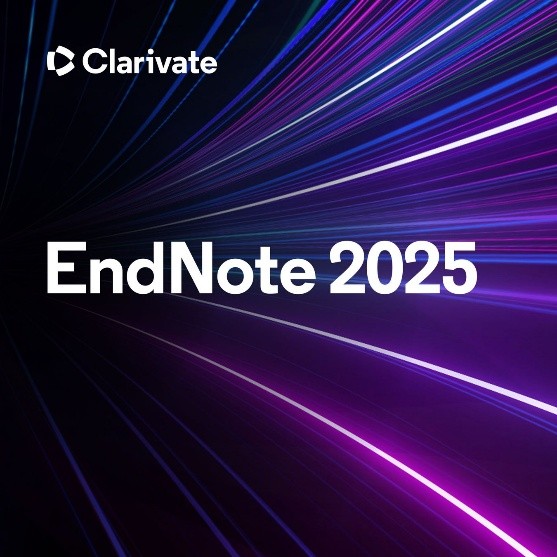

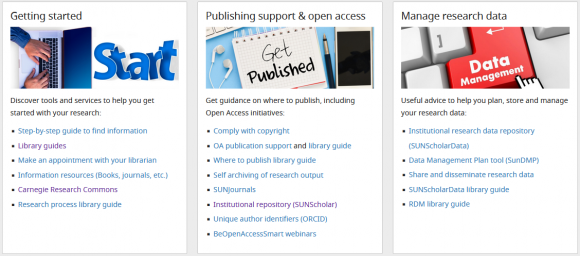
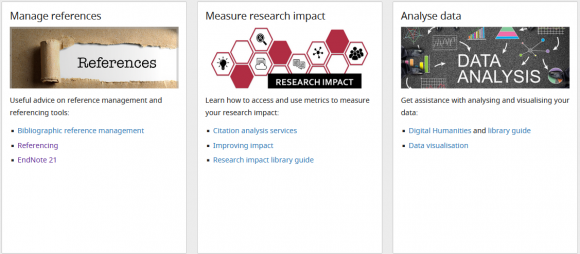
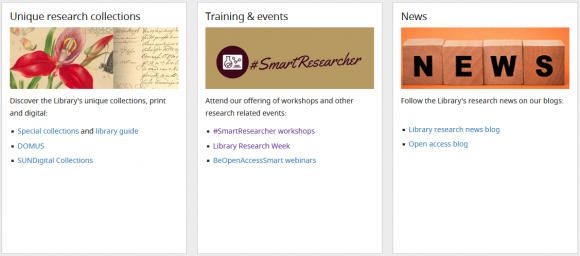
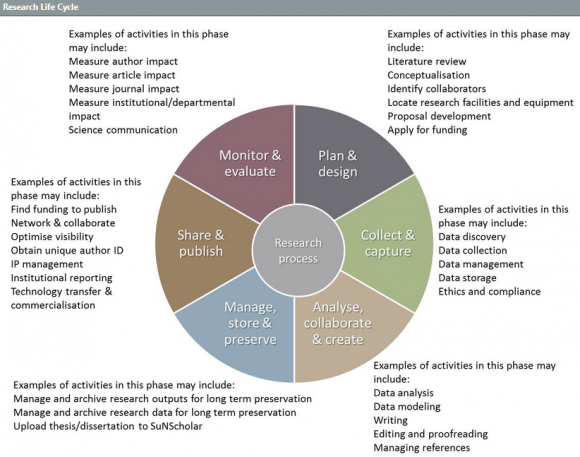




![The best academic search engines [Update 2024] - Paperpile](https://cdn.paperpile.com/guides/img/academic-search-engine-BASE-700x428.png)

